Linux Learn Tips and Tricks
Find the HOWTO or step-by-step guide that you need right here.
Find the HOWTO or step-by-step guide that you need right here.
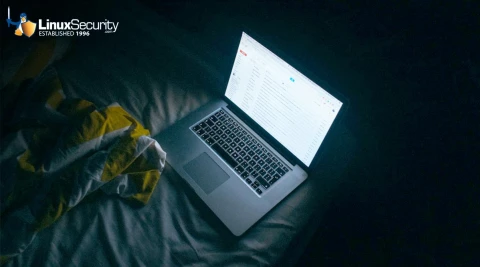

Applying security updates promptly after they are released is critically important for us Linux admins, as this practice helps protect against vulnerabilities that malicious actors could exploit. Failing to update could expose your Linux systems to cyberattacks, data breaches, and other severe security risks.
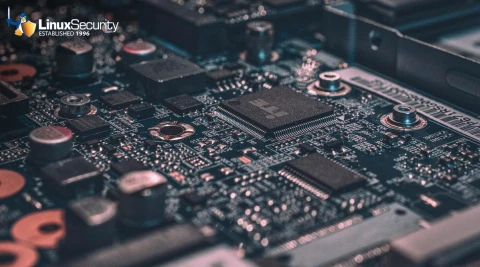

As we navigate 2024, the cybersecurity landscape continues to shift and evolve at an ever-increasing pace, increasing in sophistication as open-source environments gain popularity. This trend makes it imperative for administrators and organizations to stay ahead of emerging threats with cutting-edge security tools and strategies.


The Linux kernel is at the heart of any Linux operating system, serving as an intermediary between hardware and software to efficiently manage computer resources. As it plays such an integral role, its security must remain paramount.


As cybersecurity threats become increasingly complex, ensuring an impregnable security posture has never been more essential for Linux administrators and infosec professionals. Staying ahead of vulnerabilities that malicious actors could exploit requires resources like Kali Linux's robust suite of security tools - particularly its automated vulnerability discovery features, which help identify potential security breaches early on.


One of the most important responsibilities in Linux system administration is managing services. Services are long-running programs that provide different functionalities for users, local systems, or remote computers.


The Linux kernel serves as the heart and soul of our much-loved OS, orchestrating computer and software functions within kernel space to protect user actions in user space from accidental or malicious file changes occurring outside kernel space. While kernel security may seem straightforward at first glance, protecting essential system files is critical and requires robust security features due to potential local and remote attacks.
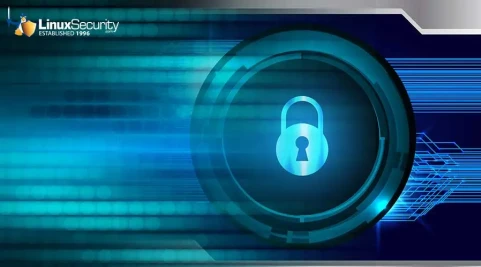

Are you a Windows user looking to smoothly transition to Linux for its various benefits, including security, stability, and the vibrant community surrounding the much-loved open-source OS? If so, you shouldn't overlook Ubuntu Cinnamon. The distro offers a secure, reliable, and customizable interface that facilitates a seamless transition from Windows.
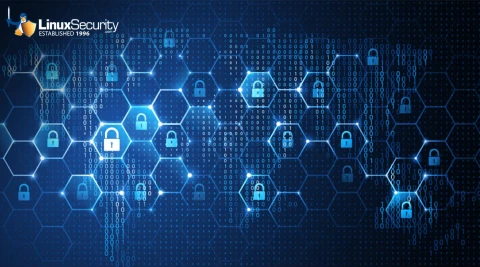

System security is a crucial aspect of Linux administration. Securing every aspect of the system can be difficult as soon as we have several software packages, user accounts, and settings. It is, therefore, important to use a script like Lynis to check for potential security flaws and attack surfaces.
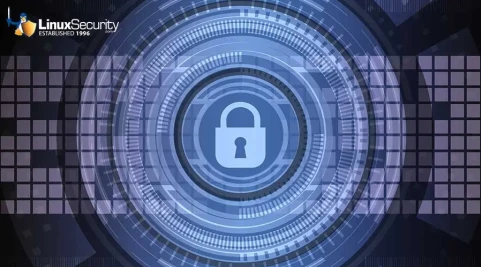

Linux systems log a great deal of information. Each system service you install has its own log or logs, not just those generated by dmesg or the boot log. It is not uncommon to find thousands of entries in these files over a short period of time.


The tutorial linked below will walk you through the basic commands of sudo. The sudo command allows a user to run a command either as the superuser or as another user. This is determined by the security policies in the sudoers files.
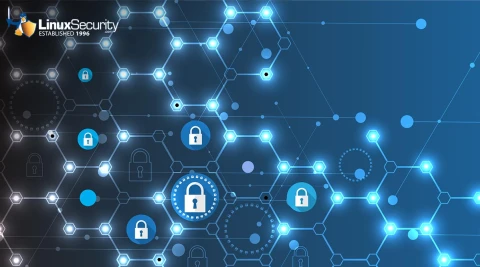

Raspberry Pi has announced the beta release of Raspberry Pi Connect as "a secure and easy-to-use way to access your Raspberry Pi remotely, from anywhere on the planet, using just a web browser."
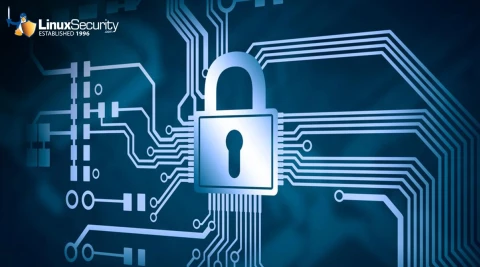

Linux system security is essential in today's digital world, where cyber threats are becoming more sophisticated. Security auditing is crucial in identifying and mitigating vulnerabilities, protecting sensitive data, and maintaining regulatory compliance.


Extended Berkeley Packet Filter (eBPF) maps are a sophisticated interface that allows atomic updates to shared memory segments. These segments act as shared memory and provide a robust interface for eBPF program configuration.


Ubuntu 24.04 brings many updates, including Linux kernel 6.8, various toolchain improvements, enhanced security, and new management tools.


Ubuntu 24.04, "Noble Numbat," was released on April 25. It is Ubuntu's 10th LTS release and contains several performance and security improvements. Ubuntu 23.10, "Mantic Minotaur," released on October 20, 2023, will receive security updates until July 2024. There's still no reason why you shouldn't upgrade to 24.04 now.


XRDP is an open-source RDP implementation that we use to enable Remote Desktop Protocol on Linux. Managing XRDP remote desktop sessions in Linux can be difficult if you're not familiar with the process.


Docker is a popular container runtime engine due to its simplicity. However, Red Hat changed its support for Docker, causing users to switch to Podman.


Securing the Linux kernel in embedded systems is critically important, as these systems are widely used in various industries, ranging from IoT devices and industrial control systems to automotive and medical devices. Neglecting the security of the Linux kernel can have severe consequences, leading to potential breaches and exploits.


Microsoft has announced that Offline Security Intelligence Update is now in Public Preview. According to Microsoft, "Organizations can now update security intelligence (also referred to as “signatures”) on Linux endpoints with limited or no exposure to the internet using a local hosting server. Exercise better control over the download and deployment of signatures on their Linux servers running critical workloads."


"The life of an admin doesn't have to be dry. For example, when a user enters a wrong password, why not respond with a message that says, 'You're fired!' With sudo insults, you can."